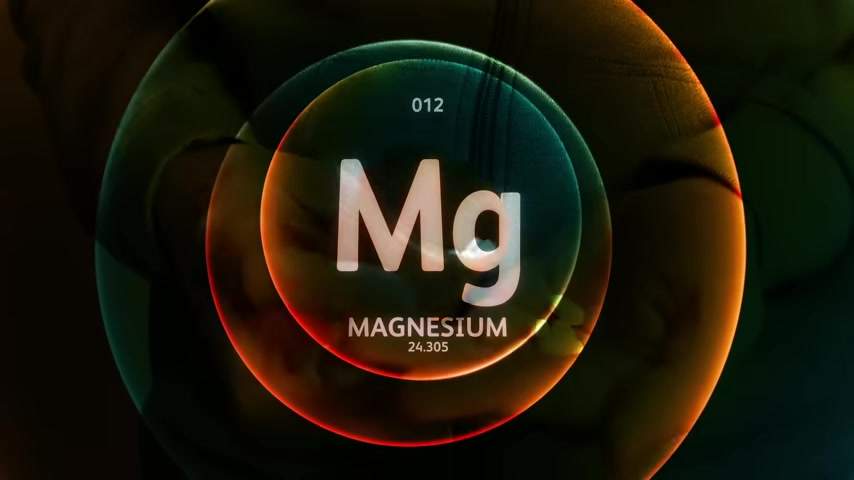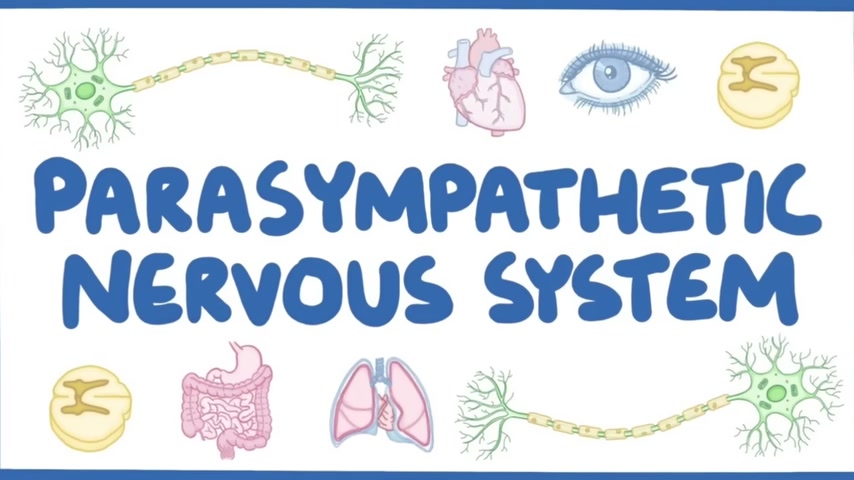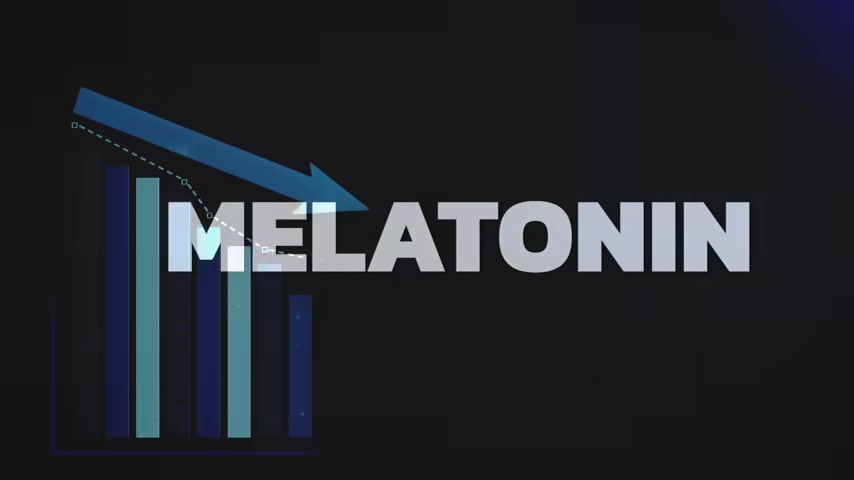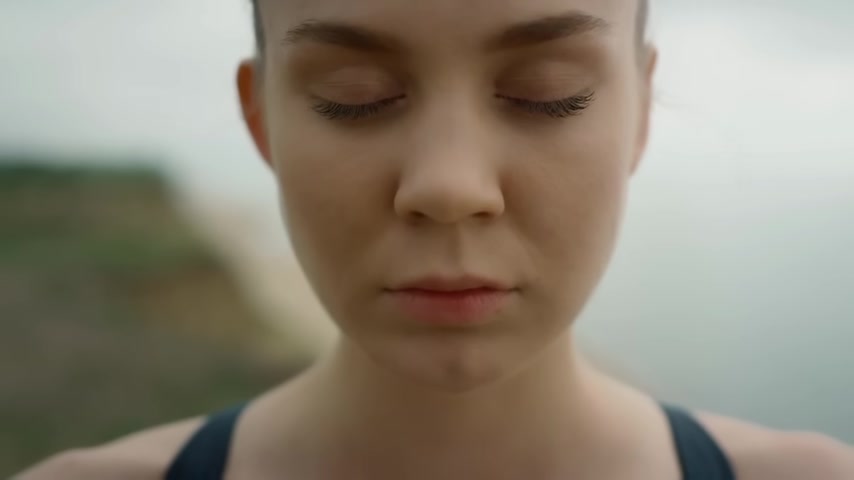
https://www.youtube.com/watch?v=UHd3ODiJxyQ
When NOT to Take Magnesium for Sleep and Anxiety

So if you're deciding to take magnesium to help yourself sleep or maybe for anxiety or stress , today we're gonna talk about when you might not need magnesium .
In fact , the worst thing you could do is buy some magnesium and then find out it doesn't really work for them .
That's not what they needed , or it worsens their sleep situation .
Magnesium is supposed to calm you down .
It's supposed to lower cortisol and adrenaline .
How could it actually make you more stressed out ?
That's the question .
Your anxiety could come from many different causes .
So magnesium is just one remedy to handle one aspect of sleep and anxiety .
As far as sleep goes , we dissect sleep into 2 different categories , people that can't get to sleep versus people that can't stay asleep .
When you initially try to go to sleep , if you can go to sleep very easily , chances are you have good parasympathetics .
What does that mean ?
Well , there's 2 parts of the nervous system .

You have the parasympathetic , and that's kind of like the system that actually pushes you into a deep , restful sleep .
It keeps you calm , and it's mainly responsible for the first part of the sleep , especially the deeper delta wave sleep .
Okay .
But the second part of the sleep is more what's called REM sleep .
People that have higher levels of adrenaline and cortisol tend to wake up like 2 in the morning or 2:30 or 3 in the middle of night .
And they're like laying there like , okay , so I'm more awake now than I am during the day .
So if you look at this circadian wave rhythm of cortisol hormone , the lowest point should be at 2 AM and the highest point should be roughly about 8 o'clock in the morning .
But a lot of times it's kind of backwards and you're always going to wake up feeling not very refreshed .
So then people take magnesium because magnesium is supposed to lower cortisol and adrenaline , but sometimes it doesn't .

Why ?
Because the actual cause of this high cortisol is not coming from a lack of magnesium .
You see , the problem is it's really hard to test for a magnesium deficiency because as soon as you test it in the blood , it's not gonna really show up necessarily unless you're really , really deficient because most of your magnesium , 98 to 99% is inside the cell .
Let's say you don't consume a lot of green things .
I'm talking about vegetables that are green because chlorophyll has magnesium in it , but it's also high in some nuts like almonds .
It's high in chocolate .
It's also high in pumpkin seeds .
So let's say , for example , you don't eat a lot of those foods .
Let's say instead you are heavy on the the carbs .
Okay ?
You do a lot of sugar and grains .
Refined sugar and grains will deplete your magnesium .
If you're fatigued or maybe have cramps in your legs at night , you could be deficient in magnesium .
Okay .
So you go to bed and you're lying there .
You just can't get into a sleep .
Right ?
Chances are you don't have enough parasympathetic nervous system .


If you're experiencing a lot of stress and you're not exercising , that's definitely gonna screw up your sleep .
Exercise helps .
Long walks help .
But what really helps more than both of those is physical work .
Yeah .
Outside .
Because it also handles the mental component .
It takes your mind off the stress .
Now , also , if you're low in vitamin B1 , okay , you're gonna have this situation where you're gonna lie down and you're gonna try to go to sleep , but you're thinking , you're solving problems 247 .
You can't turn it off .
That means you need b 1 , and chances are you're doing too many carbs , which deplete b 1 .
In my situation , when I was younger in my twenties , I'm in my thirties right now , and I'm being also very sarcastic .
I used to consume a lot of carbs and not any b one .
So I had restless leg syndrome .
I had a lot of nervous anxiety .

But one thing that could have helped me if just to take b one , if I would have known about it , I probably would have got rid of my restless leg syndrome .
But when you take B1 , you'll feel the sense of relief and you can finally turn it off and go to sleep .
Also , if you're doing a lot of coffee or tea , that can deplete you of the b one .
If you're gonna take a b one , make sure it's a natural version .
I'll put a link down below for more information on that point .
Now you have another factor too , melatonin .
I don't recommend taking a melatonin supplement .
Even though melatonin will help you get to sleep , it's not good at helping you stay asleep .
I suggest kind of looking at the reason why you might not have enough melatonin in the first place .
And there's a precursor thing that turns into melatonin that's called tryptophan .
But there's another thing you can do as well .
And this has to do with , I think , a better way to get your melatonin .
See , melatonin is inhibited by blue light .
Okay ?

Like sitting in front of your computer screen , the cell phone , the whole thing that can really deplete your melatonin .
What recharges the melatonin is number 1 , darkness or certain types of light like infrared .
Over 50% of the sun's rays are infrared .
One really good remedy for sleep cycles is just to be outside more to get exposure to the sun .
The sunset and the sunrise has certain colours of , like , orange , yellow .
That is higher levels of infrared , which can greatly help wind things down for you .
So you can maybe even get one of those lights that , helps wake you up .
And this is really good in the wintertime when you're not outside very much .
And it's also good if you have to stay inside a lot and work a lot inside and you don't have access to the outside .
You should have some type of internal full spectrum light .


But it's these lights are really , really important .
We want to not be overexposed to the blue lights .
If you can get incandescent , that would be the best thing .
If you have a fireplace , if you could be exposed to that , that would be great .
Or a campfire .
All of this will give you infrared .
Very beneficial .
Also , I find that when people take vitamin D before bed , it really helps their sleep .
And one more point about magnesium .
Magnesium will not work if you're really low in vitamin D and vitamin D won't work either if you're low in magnesium .
If you're fasting and you're new at fasting and you go to bed hungry , that could keep you up because you're not adapted yet and starts releasing sugar .
And all of a sudden you wake up because of the cortisol .
Realize if the fasting triggered your sleep problem , maybe you need to gradually work into it slower .

And maybe even that last meal , you increase your carbs to 50 grams , like have a bunch of berries , for example , and figure out what 50 grams would be to get more carbs just to kind of , like , handle this spike in cortisol situation , which can be a problem for certain people .
Now let's talk about what happens when people cannot stay asleep .
Right ?
They're getting up , and they don't get that last part of the sleep .
The sympathetic nervous system activates adrenaline , but also cortisol can be evolved as well because they they both work together in the stress response .
And this REM sleep rapid eye movement is a is kind of a very superficial wave , Have this vivid dreams .
It's almost like you're awake , but you're sleeping .
So all it takes is this a little stress to kind of bump you out of that .
What you need to do to reduce cortisol is to exercise more , but make sure you do not overtrain .

Really working hard , and you can sweat and use up a lot of your energy , but don't go overboard and don't do this every single day , maybe twice a week .
And then you stopped exercising .
Your mitochondria now are so used to that energy production , and you're just like going to bed with all this extra energy .
You just you have to deplete it .
Long walks are excellent at reducing cortisol as well .
Anytime the blood sugars go low , you could have a situation with high cortisol .
But here's the thing .
If you do it right , you do intermittent fasting correctly and gradually over time , it'll be very smooth where you won't have a major problem with cortisol .
Why ?
Because you've adapted to your fat and you're burning fat and there's not a need to rely on sugar .
So I found that having a little bit more salt , especially if you're on a low carb diet or you're doing fasting is going to be vital .
That alone can solve your sleeping problems without even taking magnesium .
Okay .


Have some salt right before you go to bed and just see what happens .
Cool thing about salt is salt retains fluid , which means you're not gonna get up and have to use the bathroom as much if you have a little more salt versus not having enough salt .
You'll tend to pee more at night .
But what about anxiety ?
Right ?
Anxiety is kind of tied in with insomnia .
But if you just have anxiety , obviously , you wanna evaluate what's causing anxiety .
But if you just have anxiety for no reason , I'm telling you , B1 is the answer to that .
You should just try some .
If you ever notice someone with anxiety , their inhalation is not matching the timing of their exhalation .
And so what happens is that you don't get the right CO2 retention to allow the oxygen to go into the cells .
I mean , just picture someone who has a panic attack .
Right ?
They're getting too much oxygen .

So just by slowing down the breath and , I've done all the videos on this , especially , if you're trying to go to sleep or get back to sleep breathing through your nose slowly in , slowly out , the same rhythm .
Boy , that that helps a lot .
But also , like , a lot of medications , especially metformin , will deplete you a B1 .
Let's say you do need magnesium .
Right ?
Magnesium glycinate is a good one .
Why ?
Because it's especially good for sleep and anxiety .
Because of the glycinate part .
The glycinate part of the magnesium is really glycine , and glycine is a calming amino acid .
When should you take magnesium glycinate ?
Maybe about half hour before you go to bed .
And so there's other types of magnesium out there .
You can get this magnesium citrate .
It works , but probably not as good .
You can take the , magnesium oxide or the carbonate .
Those don't get absorbed as well .
They're very cheap and they don't seem to work as well as the glycinate .

The magnesium glycinate is really good because so many people are also deficient in glycine .
And if you have not seen my video where I talk more on glycine , you should check that one out .
It's very important .
I put it up right here .

Are you looking for a way to reach a wider audience and get more views on your videos?
Our innovative video to text transcribing service can help you do just that.
We provide accurate transcriptions of your videos along with visual content that will help you attract new viewers and keep them engaged. Plus, our data analytics and ad campaign tools can help you monetize your content and maximize your revenue.
Let's partner up and take your video content to the next level!
Contact us today to learn more.